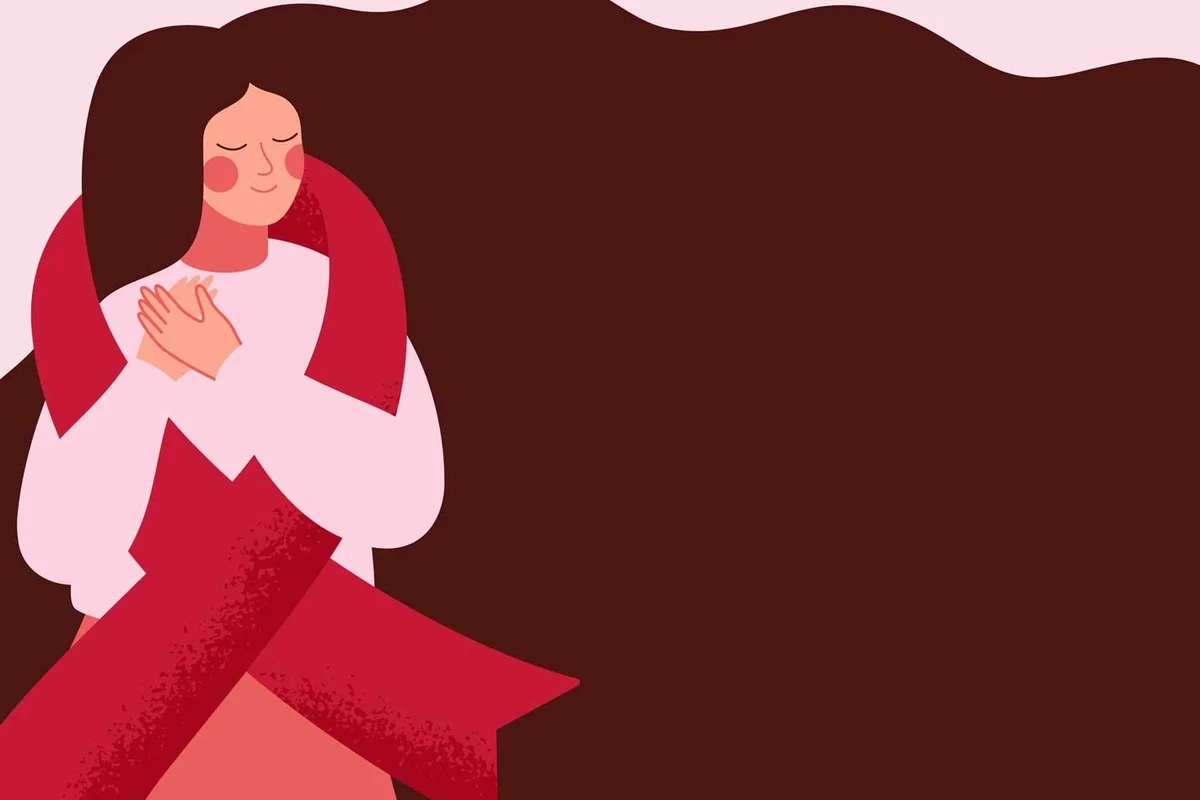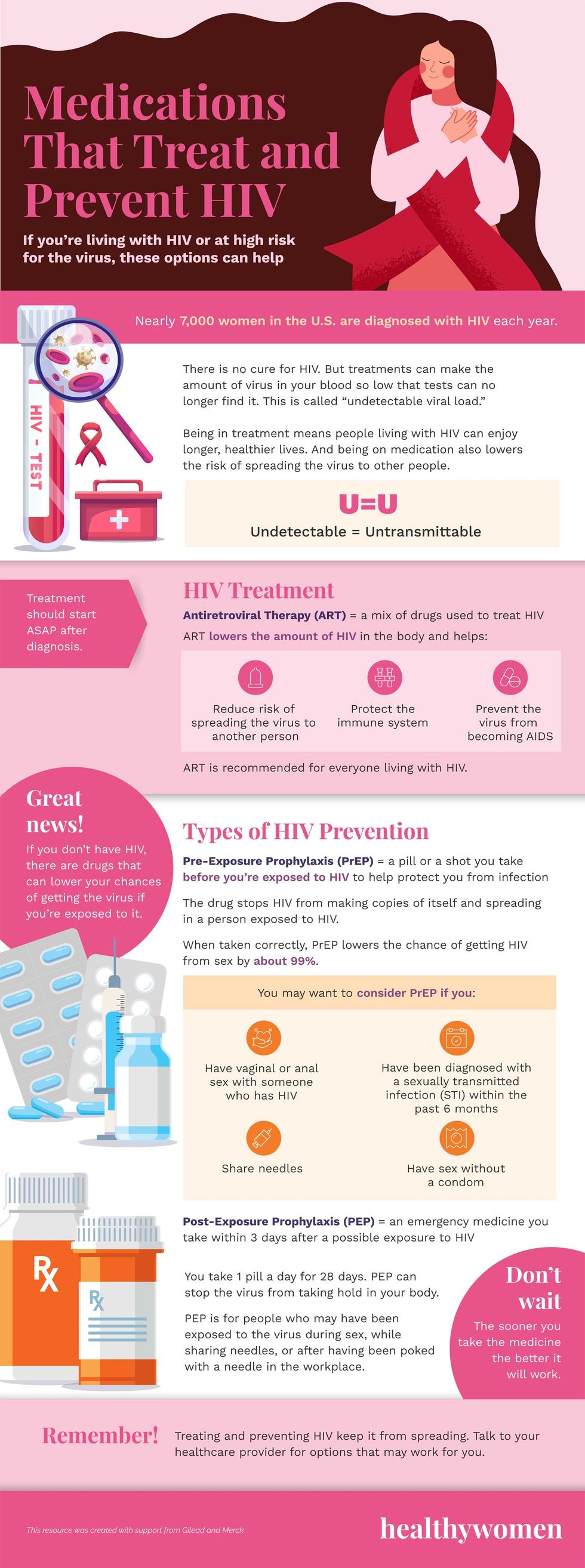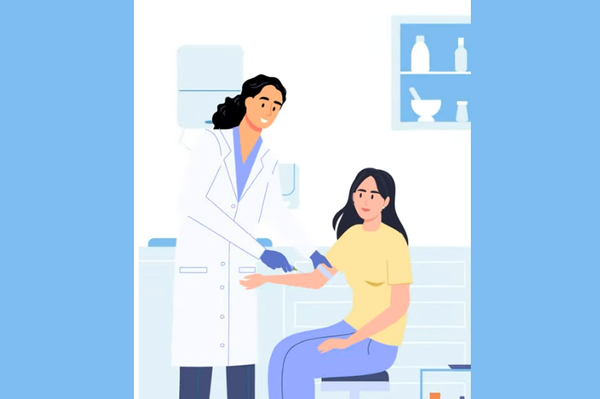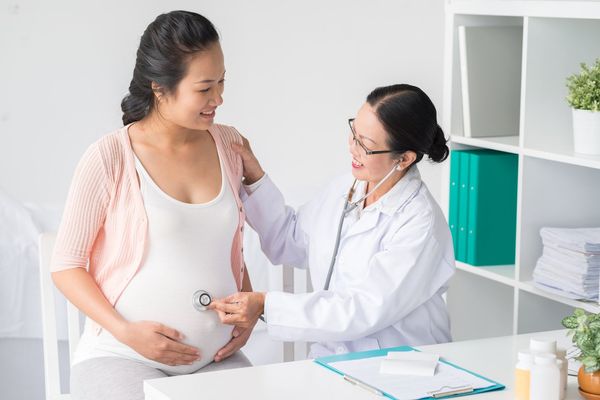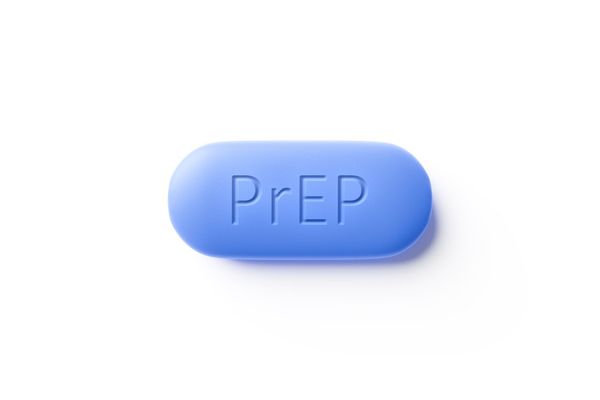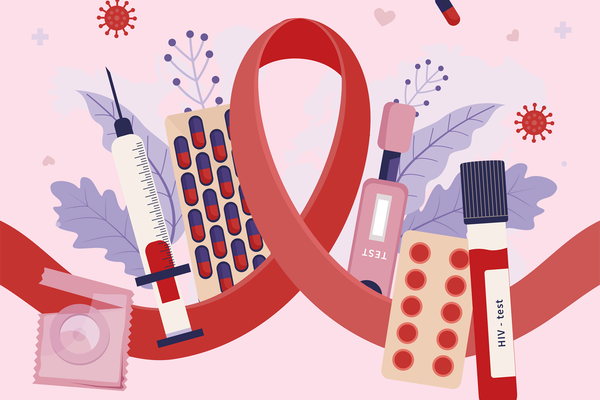Nearly 7,000 women in the U.S. are diagnosed with HIV each year.
There is no cure for HIV. But treatments can make the amount of virus in your blood so low that tests can no longer find it. This is called “undetectable viral load.”
Being in treatment means people living with HIV can enjoy longer, healthier lives. And being on medication also lowers the risk of spreading the virus to other people.
Undetectable = Untransmittable (U=U)
HIV Treatment
Antiretroviral Therapy (ART) = a mix of drugs used to treat HIV
ART lowers the amount of HIV in the body and helps:
- Reduce risk of spreading the virus to another person
- Prevent the virus from becoming AIDS
- Protect the immune system
ART is recommended for everyone living with HIV.
Treatment should start ASAP after diagnosis.
Great news!
If you don’t have HIV, there are drugs that can lower your chances of getting the virus if you’re exposed to it.
Types of HIV Prevention
Pre-Exposure Prophylaxis (PrEP) = a pill or a shot you take before you’re exposed to HIV to help protect you from infection
The drug stops HIV from making copies of itself and spreading in a person exposed to HIV.
When taken correctly, PrEP lowers the chance of getting HIV from sex by about 99% .
You may want to consider PrEP if you :
- Have vaginal or anal sex with someone who has HIV
- Have sex without a condom
- Have been diagnosed with a sexually transmitted infection (STI) within the past 6 months
- Share needles
Post-Exposure Prophylaxis (PEP) = an emergency medicine you take within 3 days after a possible exposure to HIV
You take 1 pill a day for 28 days. PEP can stop the virus from taking hold in your body. Don’t wait — the sooner you take the medicine the better it will work.
PEP is for people who may have been exposed to the virus during sex, while sharing needles, or after having been poked with a needle in the workplace.
Remember!
Treating and preventing HIV keep it from spreading. Talk to your healthcare provider for options that may work for you.
This resource was created with support from Gilead and Merck.
- HIV/AIDS ›
- Clinically Speaking: Questions to Ask Your Healthcare Provider About Your HIV Treatment ›
- Your Guide to HIV & Aging ›
- PrEP and PEP: Prevention for HIV ›
- HIV/AIDS Support Group Finder ›
- I Don’t Regret Getting HIV Because It Saved My Life - HealthyWomen ›
- Lack of Access to PrEP - HealthyWomen ›
- Falta de acceso a PPrE - HealthyWomen ›
- Can Women Take PrEP? - HealthyWomen ›
- I got on PrEP after a sexual assault - HealthyWomen ›

